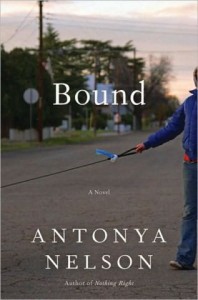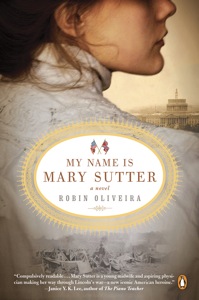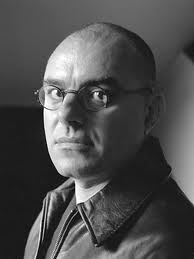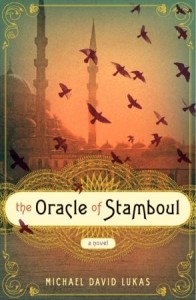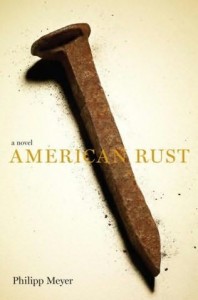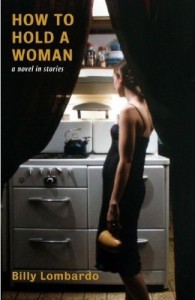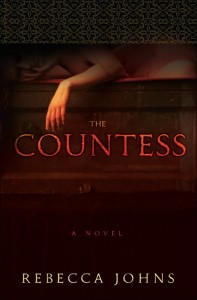Bound, by Antonya Nelson
by Jackie Reitzes
In this review of Antonya Nelson’s fourth novel, Bound, Jackie Retizes examines the role of serial killers as literary signifiers, how Nelson navigates multiple points of view, and why the author succeeds (when many less expert writers don’t) in favoring ambiguity over conclusions, “offering delicate moments of attachment in a book that is less about permanence than it is about restoration.”

